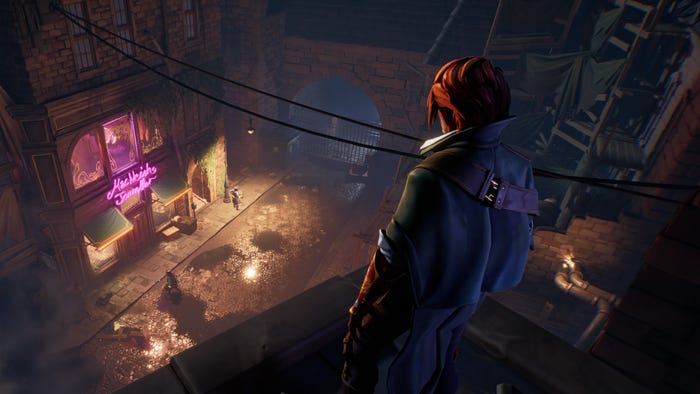Creditors to bankrupt Mortal Kombat house Midway Games yesterday filed a complaint against Sumner Redstone and several key Midway players, alleging corporate waste and breach of fiduciary duty, among other complaints.

Creditors to bankrupt Mortal Kombat house Midway Games filed suit yesterday against several parties, including former Midway majority stakeholder Sumner Redstone, his holding company National Amusements, investor Mark Thomas and former Midway chair Shari Redstone over the November 2008 sale of the company. The suit also names former and current members of Midway's board. The 29-page suit, obtained by Gamasutra, accuses specific defendants of a number of wrongdoings, including breach of fiduciary duty, corporate waste and unjust enrichment. While Midway's undoing took place over the course of the past several years (Midway hasn't posted an annual profit since 1999), the creditors' complaint says that yesterday's action "arises out of a series of disastrous and ill-advised financial transactions that largely occurred during 2008." Those actions allegedly benefited Sumner Redstone and Thomas "to the detriment of Midway." The plaintiff also said Midway's board "either approved of the transactions [by Redstone and Thomas] or, upon learning of them, looked the other way -- taking no steps to investigate and unwind them." Redstone's daughter, Shari Redstone, previously served on Midway's board and is also named specifically in the suit. Redstone sold his 87 percent stake in Midway to Thomas in November 2008 for $100,000. Thomas also assumed $70 million in debt as part of the transaction. Midway subsequently filed for bankruptcy in February 2009, as the change of control triggered a provision that allowed Midway creditors to demand payment in the near term. Midway could not fulfill the commitment. The complaint alleged that the Midway board breached its fiduciary duties of good faith and loyalty by putting "the interests of the Redstone Defendants [Sumner Redstone and National Amusements] above Midway's interests, and directed an apparently insolvent company to enter into a transaction with [Redstone] that piled $70 million in additional 'debt' on the struggling Midway." The suit claims that the Midway board did not look for alternatives to put the embattled company on the right path, other than turning "immediately and solely" to Redstone. Of the six board members named in the suit, five had very close ties with Sumner Redstone, serving on boards for other National Amusement companies such as MovieTickets.com, CBS and National Amusements itself. The creditors said in the complaint that Redstone "sacrificed" Midway by "secretly" transferring his stake in the company for the "de minimis amount of $100,000." Creditors said that Redstone's sale of the company generated over $700 million in tax losses for the media mogul and his holding company National Amusements, "which enabled them to obtain a massive tax refund" to the detriment of Midway. The suit also accuses Thomas of not being "an appropriate owner" for Midway, having allegedly no background in the games industry and no assets to invest in the game maker. The complaint added that Redstone invested $90 million into the company in February 2008, despite knowing Midway was in dire financial straits; an amount that Redstone characterized as "debt", although creditors said it was issued as if it were equity. "By labeling the transaction 'debt', [Redstone was] able to evade protections previously provided to Midway's noteholders while at the same time taking for [himself] the secured debt." The list of complaints also includes: fraudulent transfer between Redstone and Thomas for the respective sale and acquisition of the company; unlawful conversion against Redstone for taking part in the transaction; corporate waste against Redstone for participating in the transaction; breach of fiduciary duty against the Midway board for allegedly approving the transaction; breach of fiduciary duty against Redstone for approving and engaging in the sale; and unjust enrichment. The suit claimed that as long ago as year-end 2007, Midway's liabilities "far exceeded its true assets", and the company was "deeply financially distressed and likely insolvent" at the time. The creditors asked the court to deem the Redstone-Thomas transfer as fraudulent, and is asking for compensatory and punitive damages, as well as the $90 million in "debt" from the National Amusement facility to be recharacterized as equity. A Midway rep declined to comment on the suit.
About the Author(s)
You May Also Like









